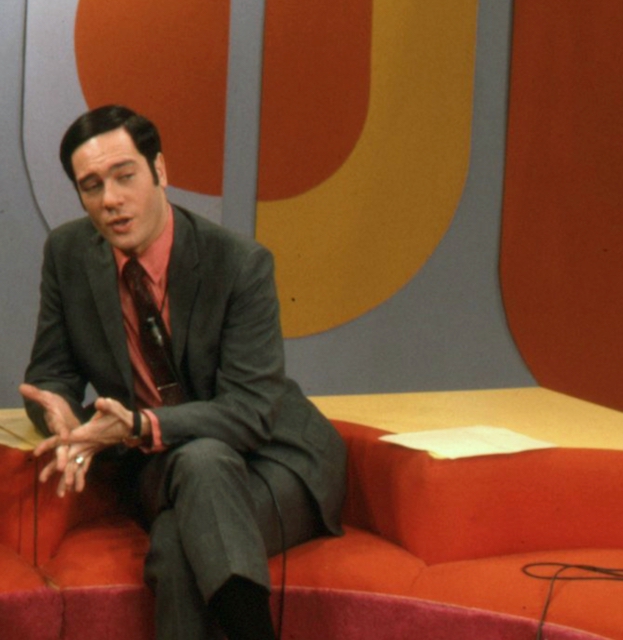He is charismatic and fear inspiring, your Hitler, and you and other Senators and Representatives have followed him like sheep in wolves clothing, supporting his havoc wherever, whenever you can. The question is: when is enough?
… Is it when your Hitler sends the Delta Force to kidnap the dictator of a sovereign state, Venezuela, and then plans to “control” that country and all the oil currently under it’s ground for…ever? (kind of like what the the original Hitler did to Czechoslovakia)
… Is it when your Hitler decides his attack of Venezuela was so successful, Cuba and Greenland should be next? (kind of like what the original Hitler did to Austria)
… Is it when your Hitler chooses leaders of his government based on their Fox News experience, their disdain for Democrats, and their proclivity to bend the knee and gush over him? (kind of like the original Hitler’s circle of sycophants: Goering, Himmler, Goebbels, Bormann, Speer, von Ribbentrop, etc…) ?
… Is it when your Hitler’s version of Hermann Goering establishes ICE as a national police force to locate, kidnap, and disappear, up to a million a year of the Jews of today (anyone with brown skin) to prisons outside the country, and without due process of any kind? (kind of like the original Goering helped Hitler do to 6 million Jews)
… Is it when your Hitler’s version of Heinrich Himmler refused to let the FBI cooperate with local authorities in investigating the shooting of a 37 year old mother and poet by an ICE black shirt? (kind of like the original Hitler’s brown shirts)
… Is it when your Hitler’s version of “The Big Lie” inventor, Joseph Goebbels, a cute little blonde who destroys truth like a butcher with an axe, tells the world the attack on Venezuela wasn’t an act of war; it was a “law enforcement operation?”
… Is it when your Hitler’s version of Martin Bormann cuts Democratic cities off from $10 billion in federal money, claiming to be shocked, shocked at the fraud in those cities?
… Is is when your Hitler assigns his version of Albert Speer to demolish the historic 123 year old East Wing to build a ballroom twice as big as the White House?
… Is it when the National Guard arrives to your town, your street, your house to scoop up your neighbors, your friends, your family and toss them into the back of an SUV, never to be seen again?
… Or is it when you rewrite Martin Neimoller’s famous words?
First they came for criminal immigrants, and I did not speak out because I was not a criminal or an immigrant – and loyalty to my Hitler guaranteed my re-election.
Then they came for people with brown skin, and I did not speak out, because I have white skin – and loyalty to my Hitler guaranteed my re-election.”
Then they came for Venezuela, Cuba, Greenland and I did not speak out, because I live in the US – and loyalty to my Hitler guaranteed my re-election.
Then they came for me, which is when I learned that my Hitler’s loyalty is only himself.
